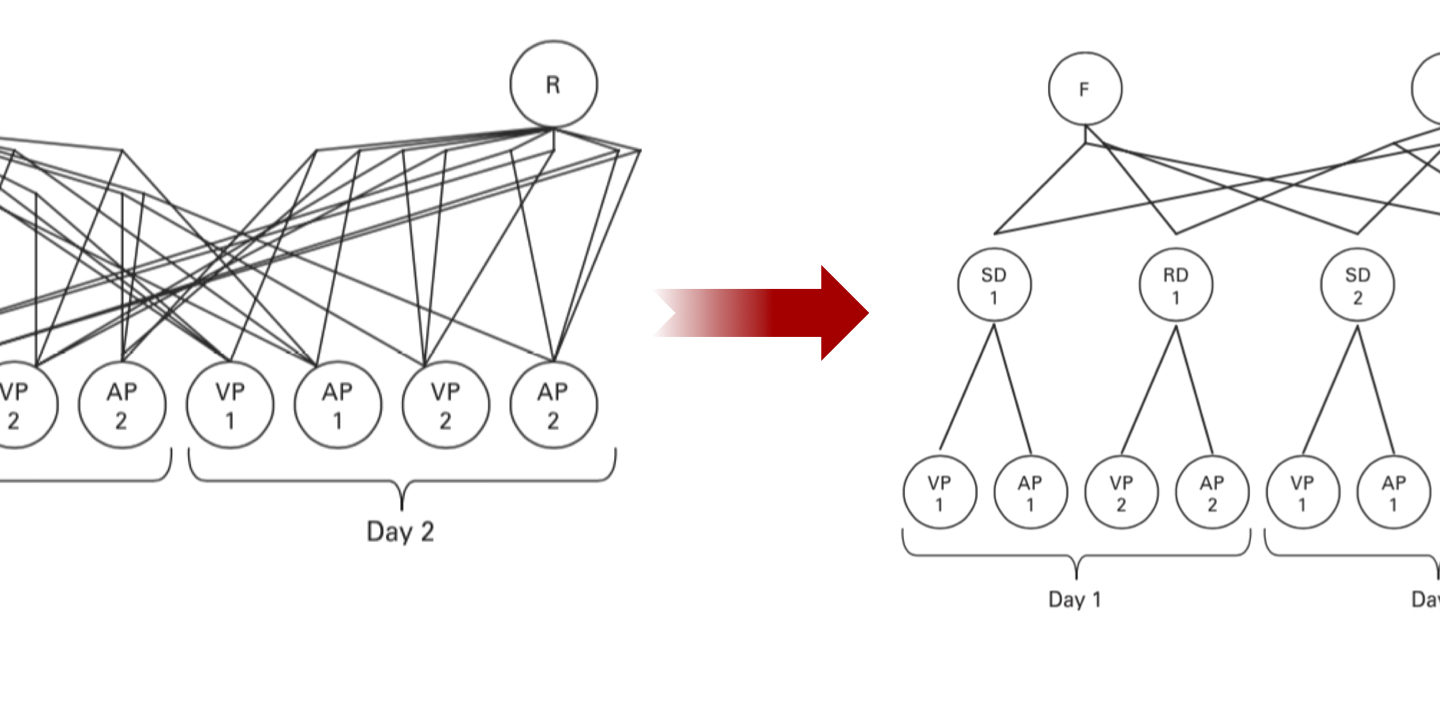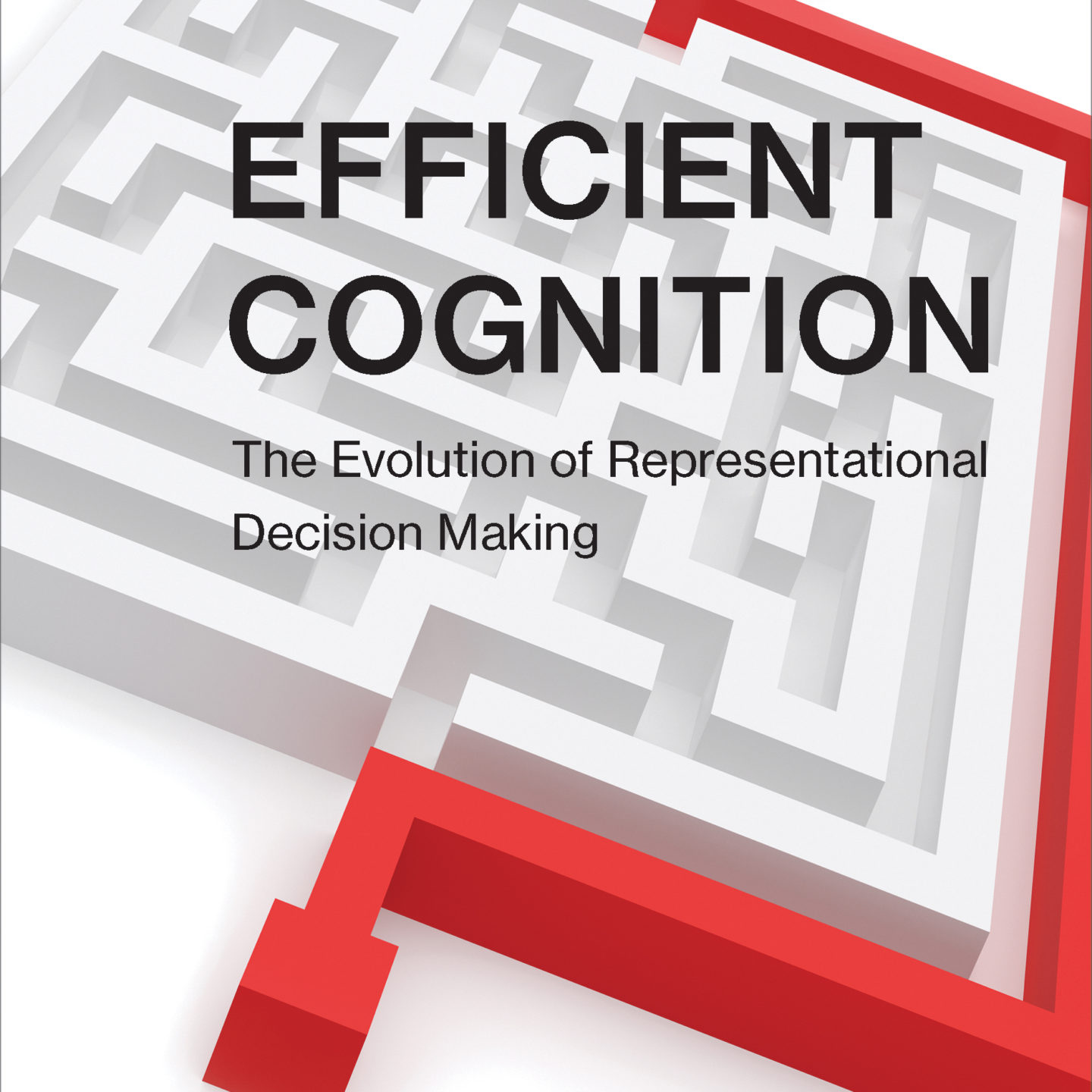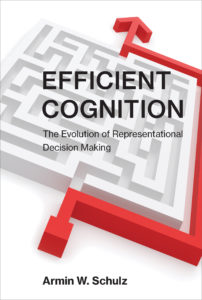Thanks to Carrie Figdor for blogging this week on Pieces of Mind: The Proper Domain of Psychological Predicates, forthcoming next month from Oxford University Press. To view all her posts on a single page, please click here.
Category: books
Applications of the Account of the Evolution of Representational Decision Making
Today—in my (alas!) last posting—I suggest some ways the account of the evolution of representational decision making laid out in my book (and sketched in outline last time on the blog) can be applied to a number of open questions in philosophy, psychology, and economics. I will focus on three …
The Evolution of Representational Decision Making
Why did some organisms switch from relying just on reflexive—i.e. purely perceptually-driven—interactions with the world to also employing the tools of representational decision making? What adaptive and other benefits does the reliance on representational decision making yield? Today, I sketch aspects of the answers to these questions; for more details, …
Foundations of the Investigation of the Evolution of Representational Decision Making
Before it is possible to begin the investigation of the evolution of representational decision making it is necessary to address three foundational issues: (1) The nature of representational decision making—what is it that we are investigating? (2) The reality of representational decision making—why think that representational decision making is a …
Efficient Cognition—The Evolution of Representational Decision Making
I want to thank John Schwenkler for inviting me to blog about my new book, Efficient Cognition—The Evolution of Representational Decision Making. I am excited to be sharing with you all the reasons why I find the evolution of representational decision making such a fascinating research project. I also look …
Now Featured
Thanks to Armin Schulz for blogging this week on Efficient Cognition: The Evolution of Representational Decision Making (MIT Press, 2018). To view his posts on a single page, please click here.
Evidence
This is my last day blogging on my forthcoming book here at Brains. Thanks to all who checked in and commented and thanks for the comments you sent me via email. A big thank you also to John Schwenkler for doing such an amazing job managing this blog. On Monday, …







